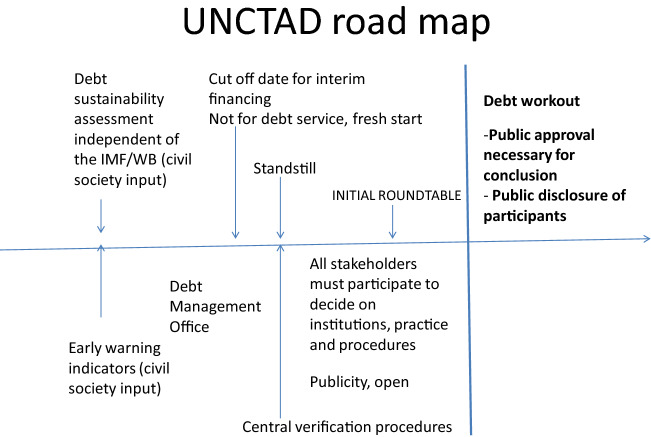非正式债权人和主权债务重组。
IF 0.6
Q2 Economics, Econometrics and Finance
引用次数: 0
摘要
关于主权债务重组的传统观点认为,需要进行代价高昂的主权债务重组以降低其利率。在存在负面外部冲击的特定条件下,我们证明:(a) 债务重组会带来中期社会福利收益和事前效率收益;(b) 公民参与会带来高效的债务重组。利用我们的结果,我们讨论了为拟议的贸发会议路线图提供规范性案例的问题。本文章由计算机程序翻译,如有差异,请以英文原文为准。

Informal creditors and sovereign debt restructuring.
A conventional view of sovereign debt restructuring suggests that costly sovereign debt restructuring is required to lower the interest rate charged on it. In the presence of a negative external shock, under certain conditions, we show that (a) debt restructuring leads to interim social welfare gains and ex ante efficiency gains, (b) participation by citizens will lead to efficient debt restructuring. Using our results, we discuss provide a normative case for the proposed UNCTAD Roadmap.
求助全文
通过发布文献求助,成功后即可免费获取论文全文。
去求助
来源期刊

Indian Economic Review
Economics, Econometrics and Finance-Economics, Econometrics and Finance (miscellaneous)
CiteScore
2.10
自引率
0.00%
发文量
12
期刊介绍:
The Indian Economic Review aims to provide a platform for dissemination of innovative research in economics that employs theoretical and empirical approaches. Original research in all areas of economics is welcome. These areas include but are not limited toAgricultural and resource economics Behavioural economics Development economics Economic theory Economics of health and education Environmental economics Experimental economics Game theory Industrial organisation International trade and finance Law and economics Macro and monetary economics Poverty and inequality
 求助内容:
求助内容: 应助结果提醒方式:
应助结果提醒方式:


